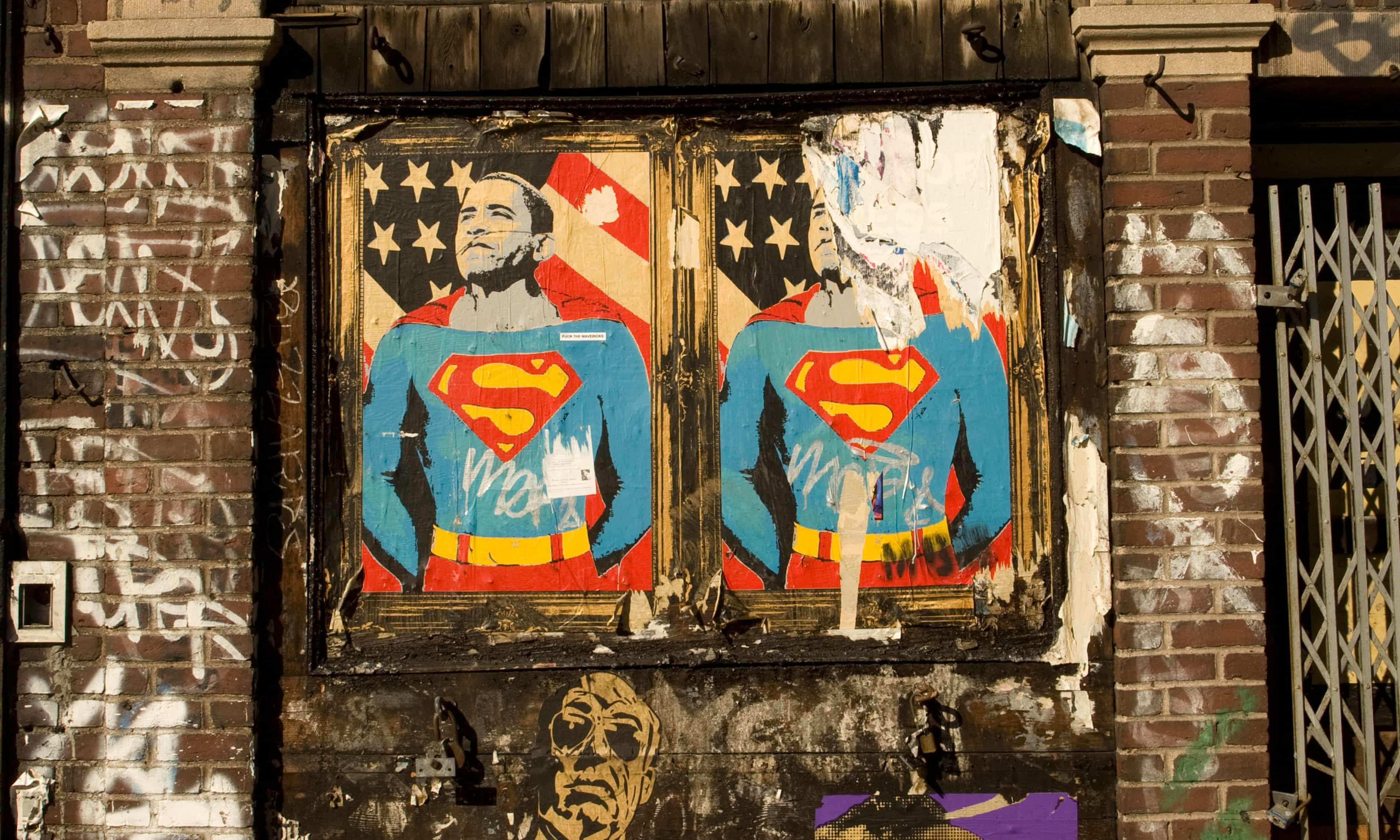Black Tudors review – hidden lives revealedPosted in Articles, History, Media Archive, United Kingdom on 2017-11-04 21:40Z by Steven |
Black Tudors review – hidden lives revealed
The Guardian
2017-10-15
 Miranda Kaufmann: black Tudor lives matter. Photograph: Rosie Collins |
Miranda Kaufmann’s account of the lives of 10 black people who made their homes in Tudor England sheds new light on our island’s story
Why and how did they come to England? How were they treated? What were their lives like? These are the questions that Miranda Kaufmann perceptively probes in Black Tudors. This account of people of African descent in Renaissance England overturns misconceptions, showing that “it is vital to understand that the British Isles have always been peopled with immigrants”. She concentrates on 10 individuals, ranging widely in social class and location, from cities to the countryside, including a royal trumpeter, a porter, a silk weaver, and an independent single woman. Meticulous research draws on sources from letters to legal papers, and Kaufmann also reflects on the challenges: “Fleshing out these biographies from the meagre documentation that remains is not easy, but it is a mission that must be undertaken if we are to reclaim their stories”. The detail she unearths brings to life those absent from the pages of history…
Read the entire article here.







